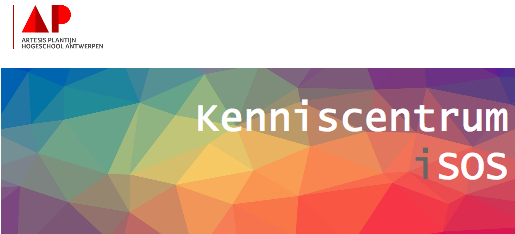The Flemish policy on youth aid and scientific research on the quality of life within residential youth aid underline the importance of context-oriented work and participation of parents and young people.
Residential group counsellors (sometimes) give meaning to context-oriented work from the perspective of the group, but experience this as not evident.
The experience of young people in connection with context-oriented work is not dealt with in climate research. However, it is recognised as an important indicator.
The social context of superdiversity* creates more challenges for context-oriented work. Residential (group) supervisors experience hesistancy in their actions. A culture-sensitive approach is required.
By means of participatory action research (PAO) in two facilities within Youth Welfare, counsellors, as co-researchers, look for concrete, practice-oriented answers on how to work in a context-oriented manner from a culturally diverse group of people.
On the basis of identified tensions or needs with regard to context-oriented working from within the group, action is taken with regard to certain cases at the action, group and organisation level. Change processes are set up together with all parties involved in the change. Ownership is shared; an anchor person within the facility is part of the research team.
Within each facility, a learning platform (a Community of Practice (COP)) is gradually being developed which, based on a number of principles, reflects on the processes of change that have been set up and of which the anchor person of the facility certainly also forms a part. Within this learning platform, input is also provided with regard to the specific focus of the action research, i.e. parent and youth participation and cultural diversity. In this input, the research team is supported by the focus specific supporting partners. The themes that will be addressed within the learning platform are also related to the nature of the change processes that have been set up in the facility and to the phase of action research.
An action framework with regard to context-oriented working from a culturally diverse group of people, including facilitating and limiting factors at the action, group and organisation level, will be developed and included in a concept of in-service training.
*Superdiversity’ is a concept first introduced by Vertovec in 2007. According to Geldof (2017), this concerns three transitions that necessarily go hand in hand and their interaction: diversity is increasing, diversity itself is becoming more diverse and slow and sometimes difficult processes are taking place to normalise diversity. It is no longer about minorities that are the exception in a white society.
Duration: 2018-2022
Researchers: Mieke Defieuw and Sarah Verreyken
